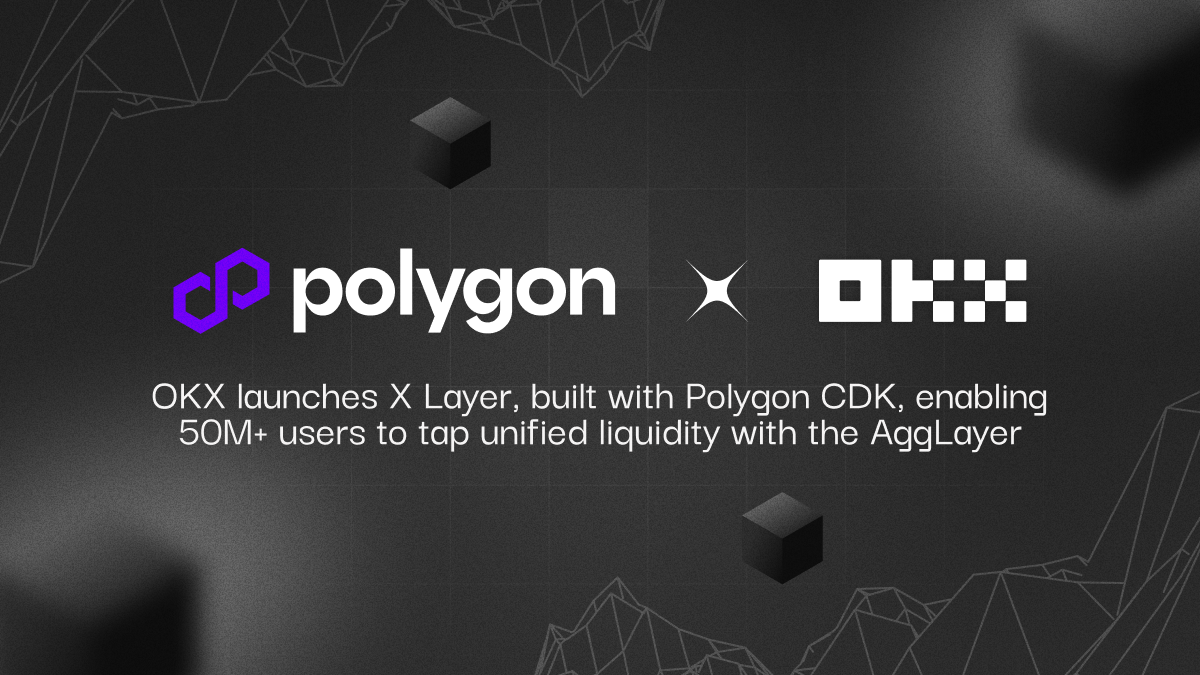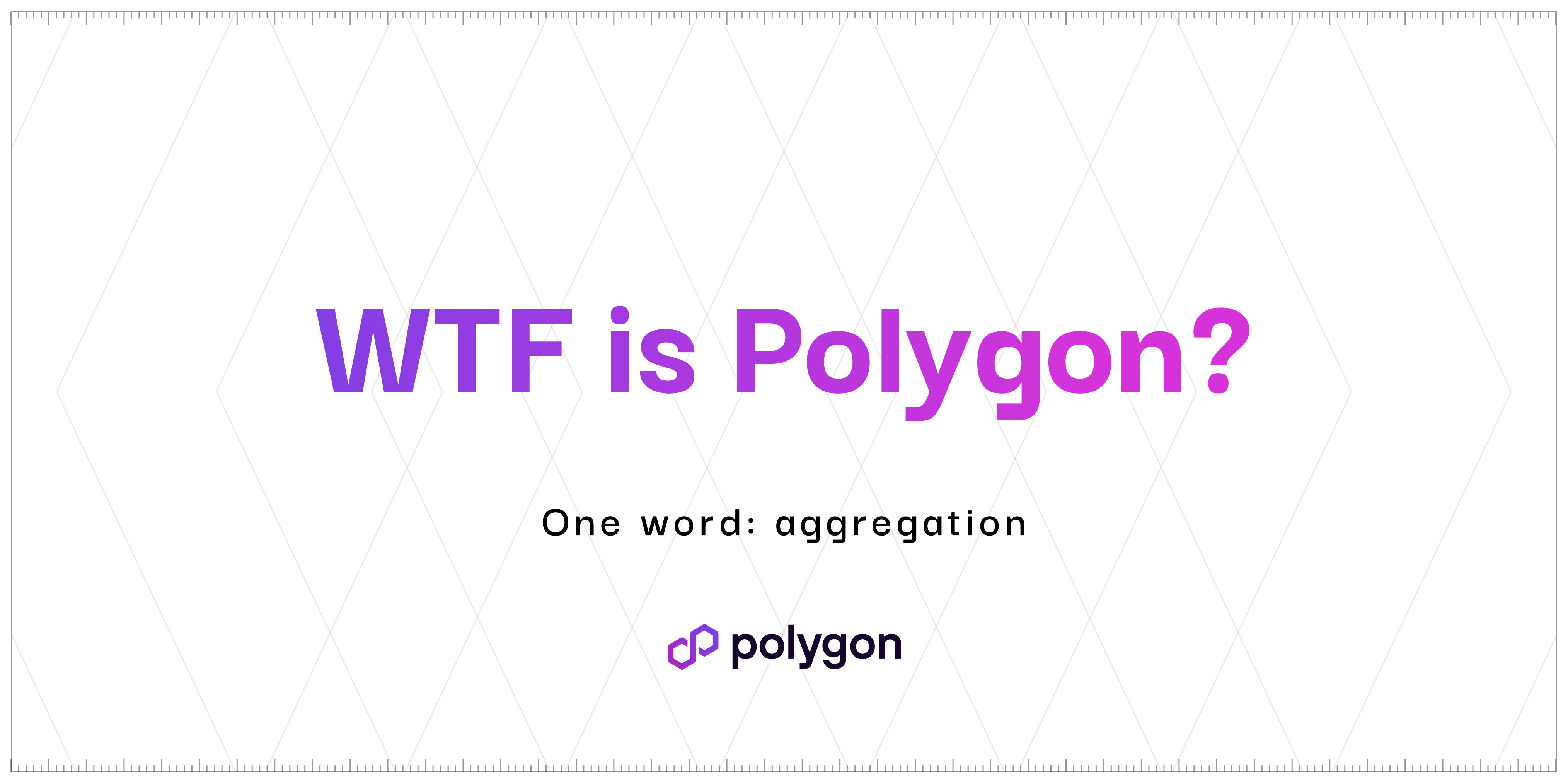Polygon Is Bringing EIP-1559 Upgrades to Its Network With a Testnet Release

Polygon’s core development team is rolling out a testnet implementation of Ethereum Improvement Proposal 1559 to introduce burning of its native MATIC token and better fee visibility.
Known as the London fork, EIP-1559 went live on Ethereum mainnet on Aug. 5 and was one of the biggest changes in its history. After extensive discussions with and input from the community, Polygon is taking steps to bring this much-requested upgrade to our network. It goes live on the Mumbai testnet on Dec. 14, at 8 a.m. UTC.
EIP-1559 gets rid of first-price auction as the main mechanism for fee calculation. Instead, there is a discrete base fee for transactions to be included in the next block and a priority fee to speed up processing. The base fee, which fluctuates depending on network congestion, is then burned.
The changes do not lower the fees paid for transactions, since gas prices are determined by supply and demand. They do allow users to better estimate costs since the base fee is the minimum price for inclusion in the next block. This will result in fewer users overpaying.
These changes have far-reaching implications for all of Polygon’s stakeholders.
Token Holders
Polygon’s MATIC has a fixed supply of 10 billion, so any reduction in the number of available tokens will have a deflationary effect. We took Ethereum’s experience since the upgrade as the baseline to simulate the potential impact on MATIC’s total supply. The analysis, which can be seen here, suggests that annualized burn would represent 0.27% of the total MATIC supply.
DApp Users and Developers
Users of decentralized apps (dApps) on Polygon, which already enjoy some of the lowest fees in the industry, will benefit from more predictable gas prices. The downsides are fewer MATIC tokens available because of the burn and a gas fee curve more similar to that of Ethereum. Developers will receive a boost by having all of their Ethereum tooling work seamlessly and face minimal adverse effects.
Validators and Delegators
Deflationary pressure will benefit borth validators and delegators, because their rewards for processing transactions are denominated in MATIC. Because the base fee increases automatically if the block is full, the changes will result in fewer spam transactions and lead to less network congestion. Validators, who now receive the total amount of the fees, will be getting only the priority fee in the future.
Polygon’s core development team is very excited to bring these improvements to everyone in the ecosystem! For a more technical overview of how EIP-1559 is being implemented and instructions on upgrading your nodes, click here. To keep up with the latest developments, check out our blog.
Let’s bring the world to Ethereum!
Website | Twitter | Ecosystem Twitter| Developer Twitter | Enterprise Twitter | Studios Twitter | Telegram | Reddit | Discord| Instagram | Facebook | LinkedIn










.png)





.png)
